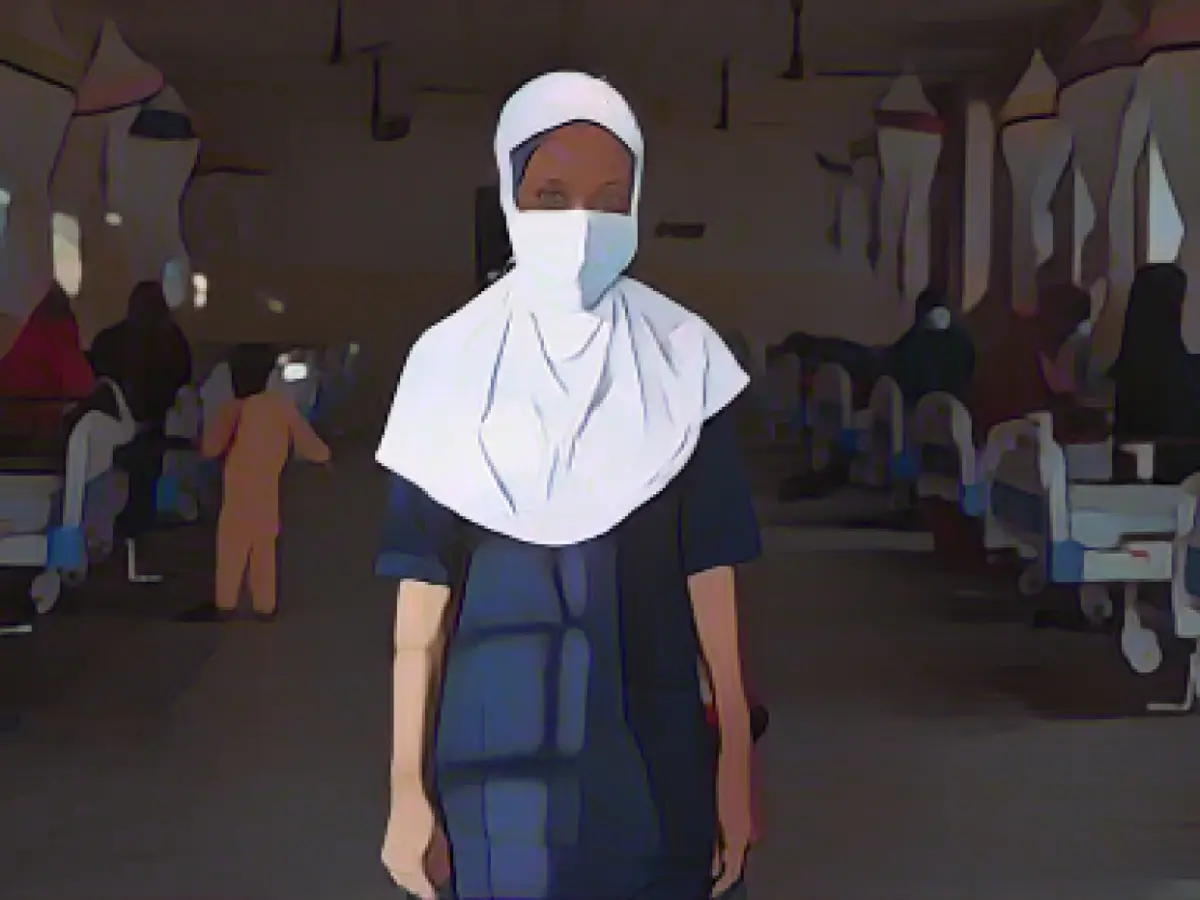West Africa grapples with alarming diphtheria surge, overwhelming healthcare systems
Diphtheria cases surge across West Africa, sparking concerns of an unprecedented outbreak. The disease has spread beyond Nigeria, reaching nations like Niger and Guinea, where the lack of vaccination coverage is exacerbating an already dire situation.
As of now, Nigeria has reported a staggering 17,000 suspected cases of diphtheria, with the outbreak's epicenter continually centered in Kano, where over 9,300 confirmed cases and 368 fatalities have been reported this year alone .
In its peak, Médecins Sans Frontières (MSF) reported up to 700 cases per week in Kano, but this number fell in September and has slowly been climbing back up to around 500 cases per week .
What is Diphtheria?
Diphtheria is a bacterial infection that produces toxic substances that destroy tissue, particularly affecting respiratory and digestive organs. This toxin can lead to difficulty breathing, swallowing, and can even spread to the nervous system, causing heart or kidney damage and paralysis, potentially long-term complications .
Mother Murjanatu Muhammad experienced the devastating impact of the disease firsthand when her children, Muhammad, 10, Fatima, 8, and the twin girls Jamila and Husseina, 5, were admitted to the hospital with diphtheria. She expressed her gratitude that they were admitted earlier, as it's uncertain what their fate would have been without timely care .
Another mother, Firdausa Salisu, shared her son Auwal Nura's struggle with diphtheria, which worsened after traditional healers advised against vaccination .
High Child Mortality Rate
The disease has taken a severe toll on thousands of children across West Africa, ensuring a startling array of symptoms such as fever, sore throat, skin rashes, and difficulty breathing .
Doctor Orval Hashim Juma, an experienced medical professional in Kano working with MSF as a medical emergency coordinator, commented on the immense strain the outbreak has brought upon medical personnel, stated: "I've never seen an outbreak with numbers this high in terms of cases, mortality, and complications."
Treatment challenges are exacerbated due to a lack of sufficient Diphtheria Antitoxin (DAT), required for effective treatment. Only 5,000 doses of DAT have been administered thus far, a far cry from what's needed for a full response to the crisis. Each patient may require 8-10 DAT vials, with the ongoing lack of resources making it challenging to meet patient demand .
Addressing Misconceptions and Vaccinations
The importance of vaccinations in containing and preventing the spread of diphtheria cannot be overstated. Despite some success in vaccination efforts, misconceptions and lack of vaccination coverage remain significant barriers to dismantling the outbreak.
Just 30% of patients in Kano have received all recommended vaccine doses, with the northwestern state of Sokoto reporting the lowest immunization rate at a mere 6% . In response, the World Health Organization (WHO) and UNICEF have launched vaccination campaigns in 14 Nigerian states.
Figuring out how to effectively tackle the lack of vaccination in these regions is crucial to reducing the impact of the outbreak. Doctor Orval Hashim Juma emphasized the prevailing skepticism and mistrust surrounding immunizations in Kano, which obstructs attempts to administer vaccines effectively .
This sentiment is common in other West African regions as well, where vaccination rates remain low, with 65% of diagnosed diphtheria patients having never been vaccinated .
As a preventative measure, the World Health Organization recommends six doses of the diphtheria vaccine, starting as early as 6 weeks of age, to provide long-term protection .
Rewritten for clarity, readability, and an original tone, incorporating relevant insights from enrichment data while maximizing adherence to the original article.








